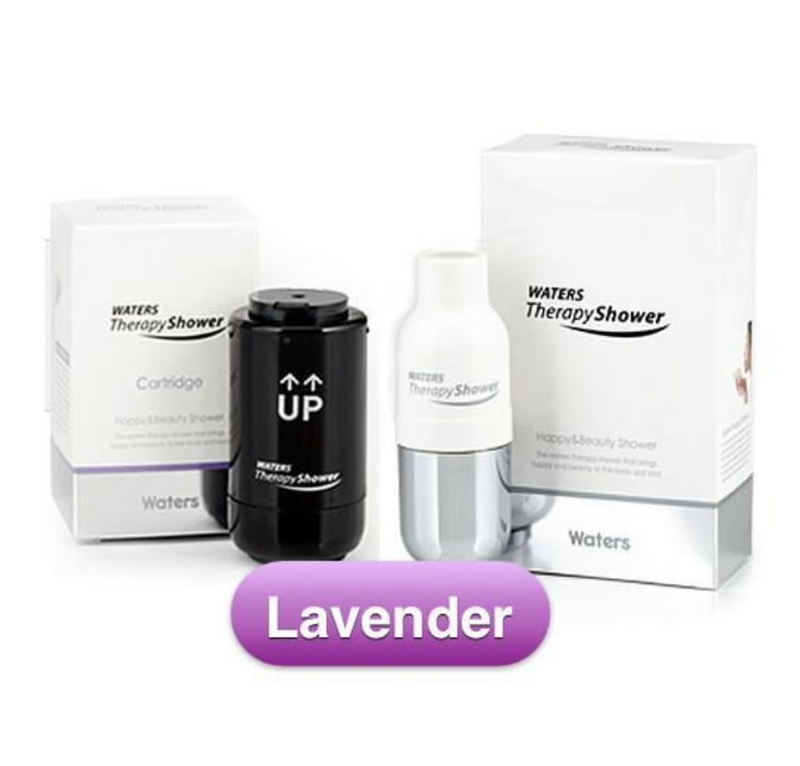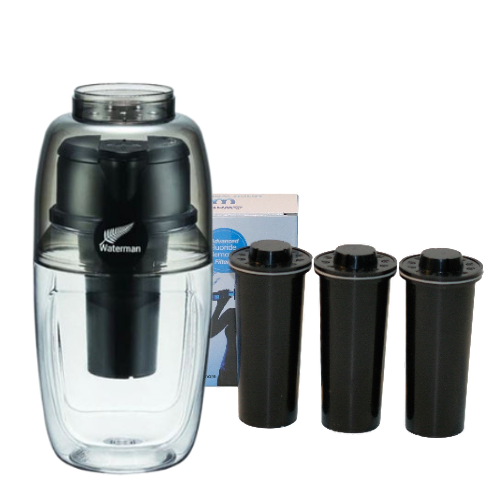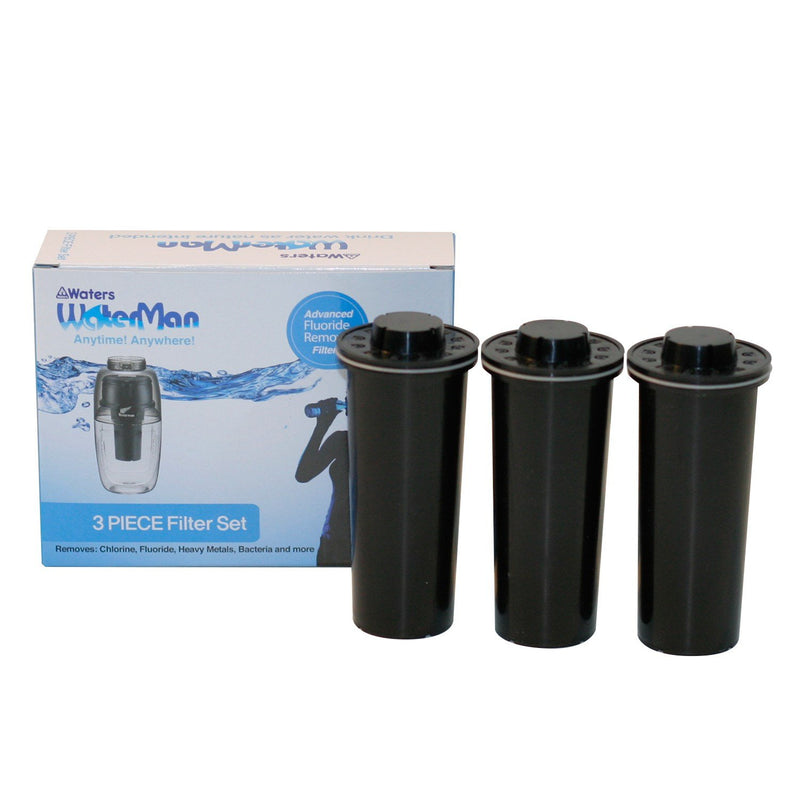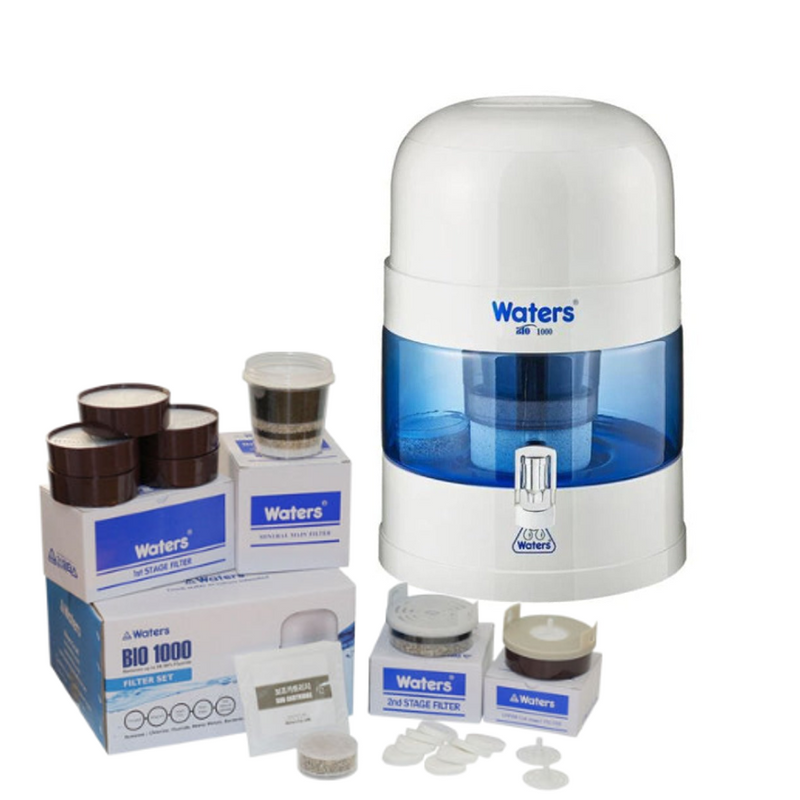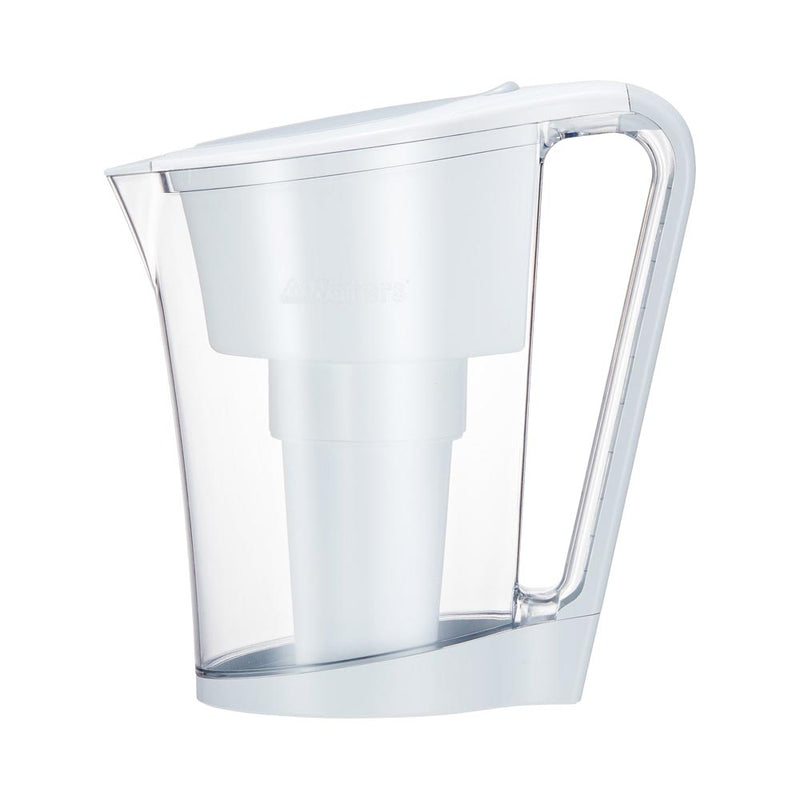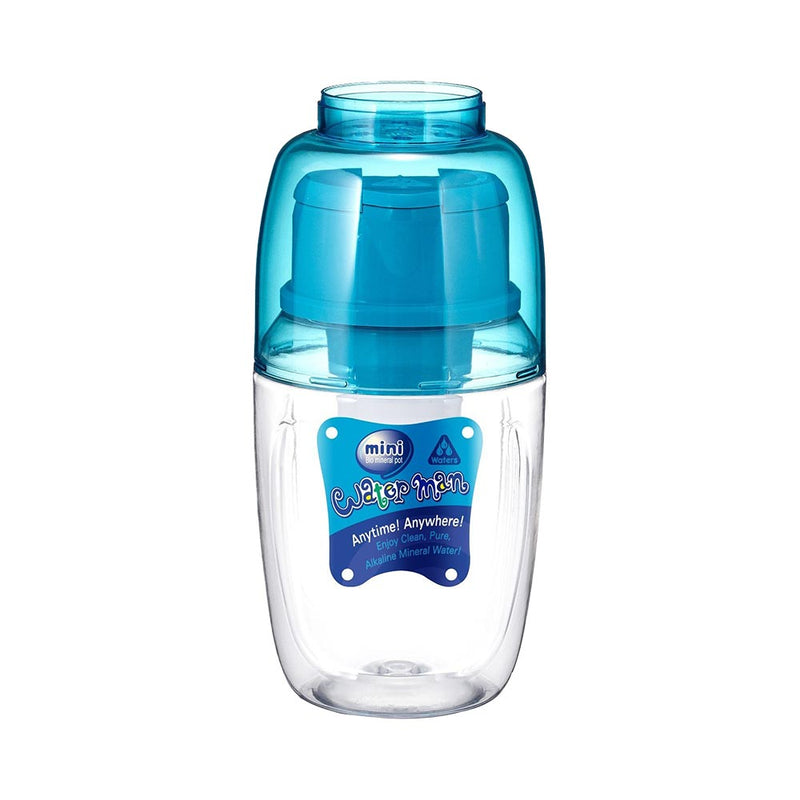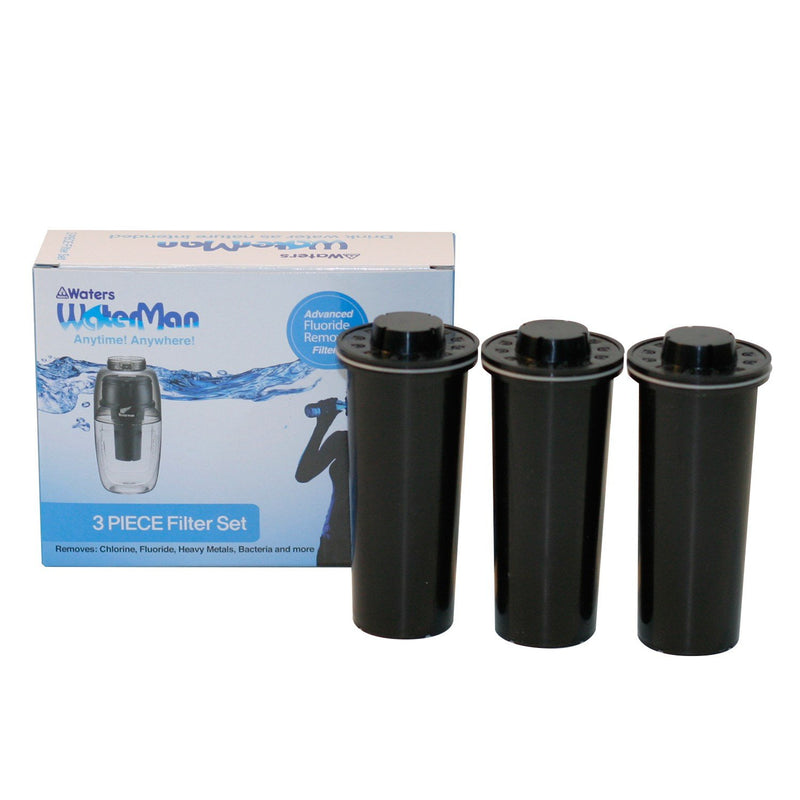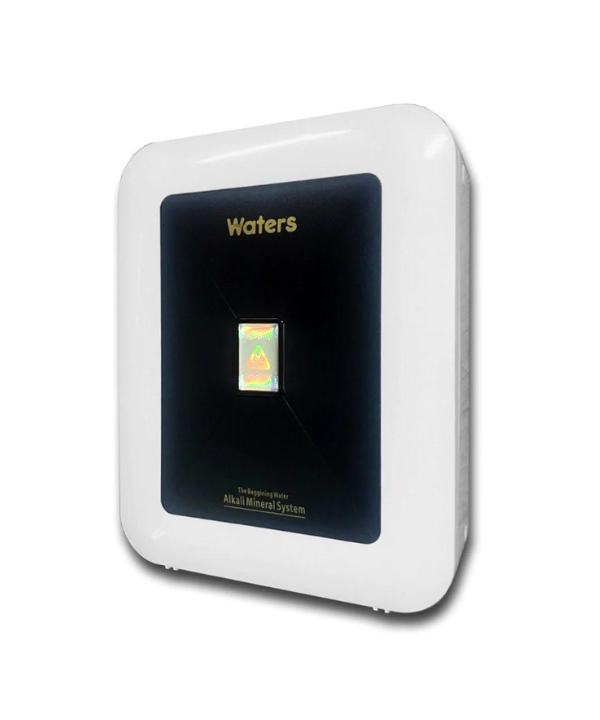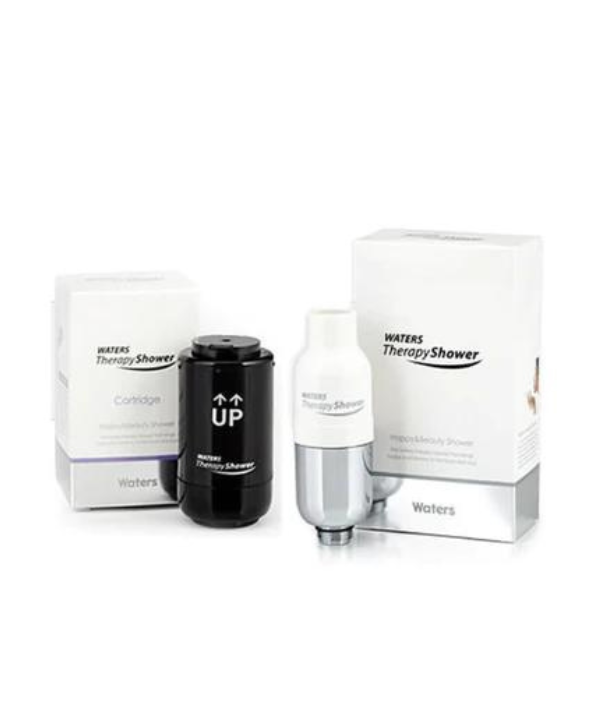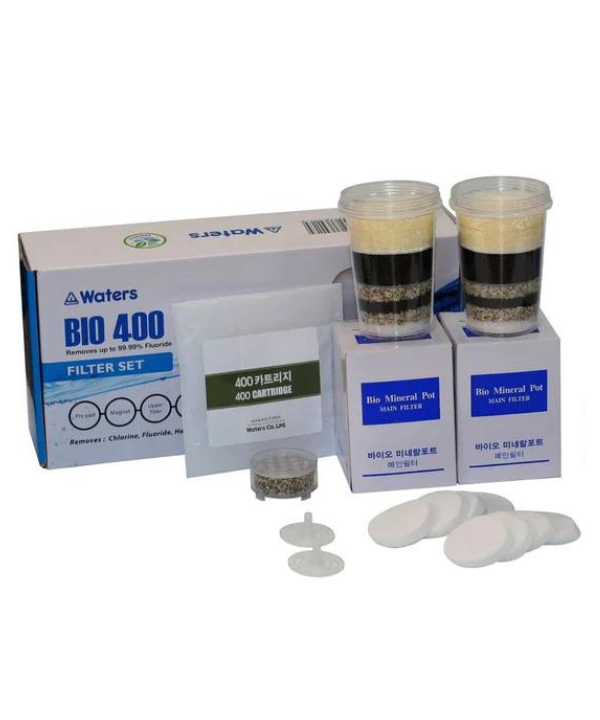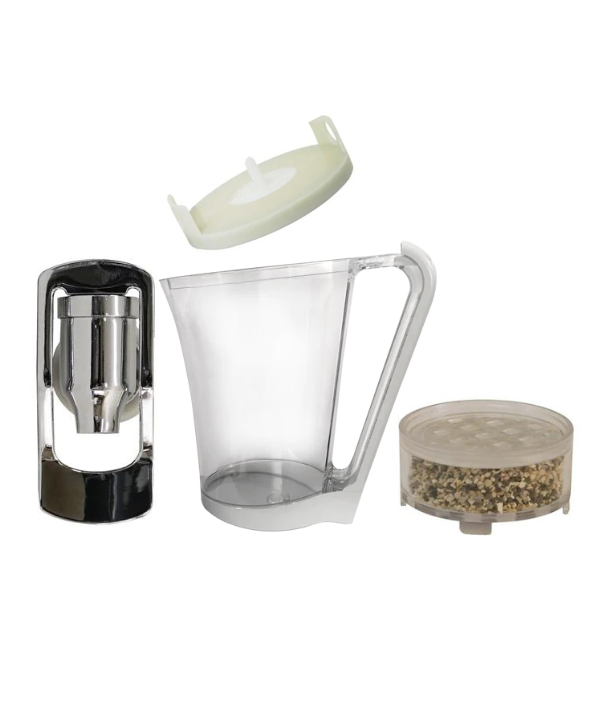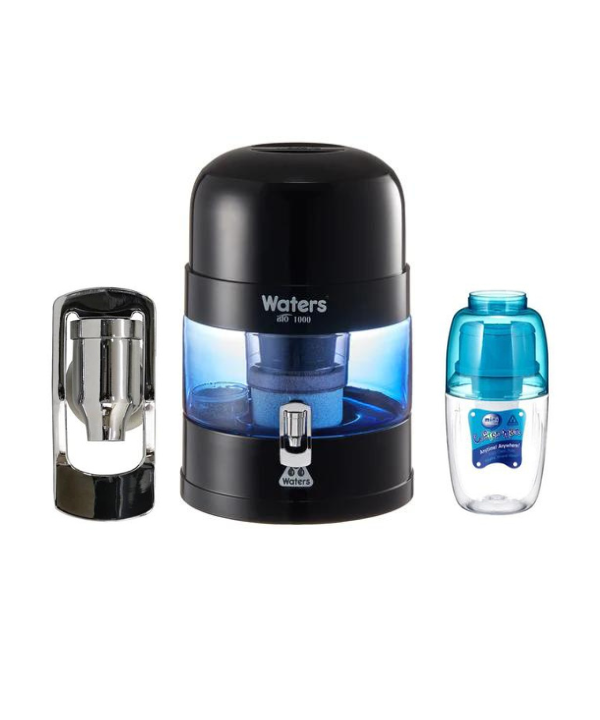Australia's Plastic Bottle Problem: What You Can Do About It
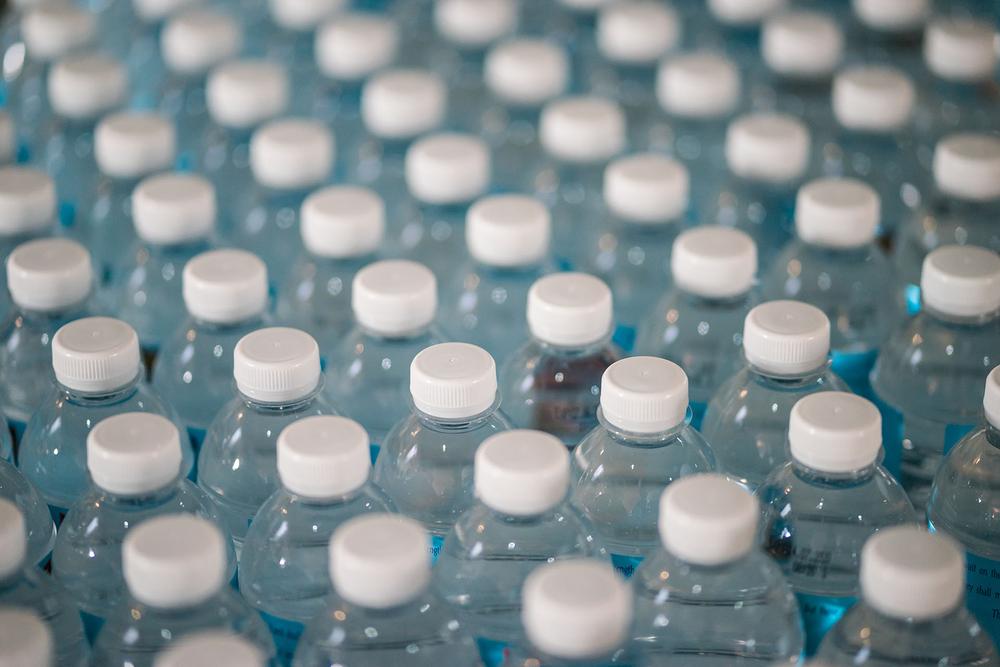
20,000 plastic bottles are produced every second. One million plastic bottles are bought every minute. And according to statistics gathered by The Guardian, those figures are expected to increase by 21% by 2021.
The problem is that we are not as vigilant about recycling single use plastic bottles. For instance, fewer than half of all plastic bottles purchased in 2016 were gathered for recycling. Only 7% of those bottles were turned into new ones. The rest ended up in landfills and the oceans.
This poses a serious risk to marine life – with as much as five to 13 million tonnes of plastic finding its way into our oceans each year, where it is ingested by fish, sea birds, and other aquatic creatures that mistake it for food, according to the Ellen MacArthur Foundation. Some of these microplastics make their way up the food chain and onto our plates unseen.
The notion of microplastics in food is no doubt unappealing, but the potential consequences go beyond a spoiled appetite. Choice reports that there is evidence suggesting that some of the chemicals in plastic, such as vinyl chloride in PVC, phthalates (DEEHP), and BPA can cause cancer. Moreover, microplastics have the potential to absorb toxic contaminants and emit pollutants that build up in the environment.
Australia, for its part, generates roughly 666,000 tonnes of plastic waste each year. The 2016 National Waste Report states that only 58% of those were recycled.
Factors that contribute to plastic waste
In Australia, bottled water is a $700 million-industry. It has grown exponentially over the past half decade because of the perceived convenience and superior taste of bottled water, as well as an increasingly health-conscious public that has become wary of drinking straight from the tap.
Further, a Queensland Urban Utilities survey revealed that 29% of Australians thought bottled water was better for their well-being than tap water.
A survey by the Water Services Association of Australia (WSAA) found that while 60% of Aussies drink tap water, those younger than 40 were far more likely to choose bottled water, with women making up the higher portion – possibly because the bottled water industry initially marketed to health-conscious female consumers, and because of pervasive health advice that tells women to drink as much water as possible throughout the day.
However, blind testing discovered that many consumers in South Australia can’t detect the difference between bottled and tap water when their drinking water isn’t labeled as such.
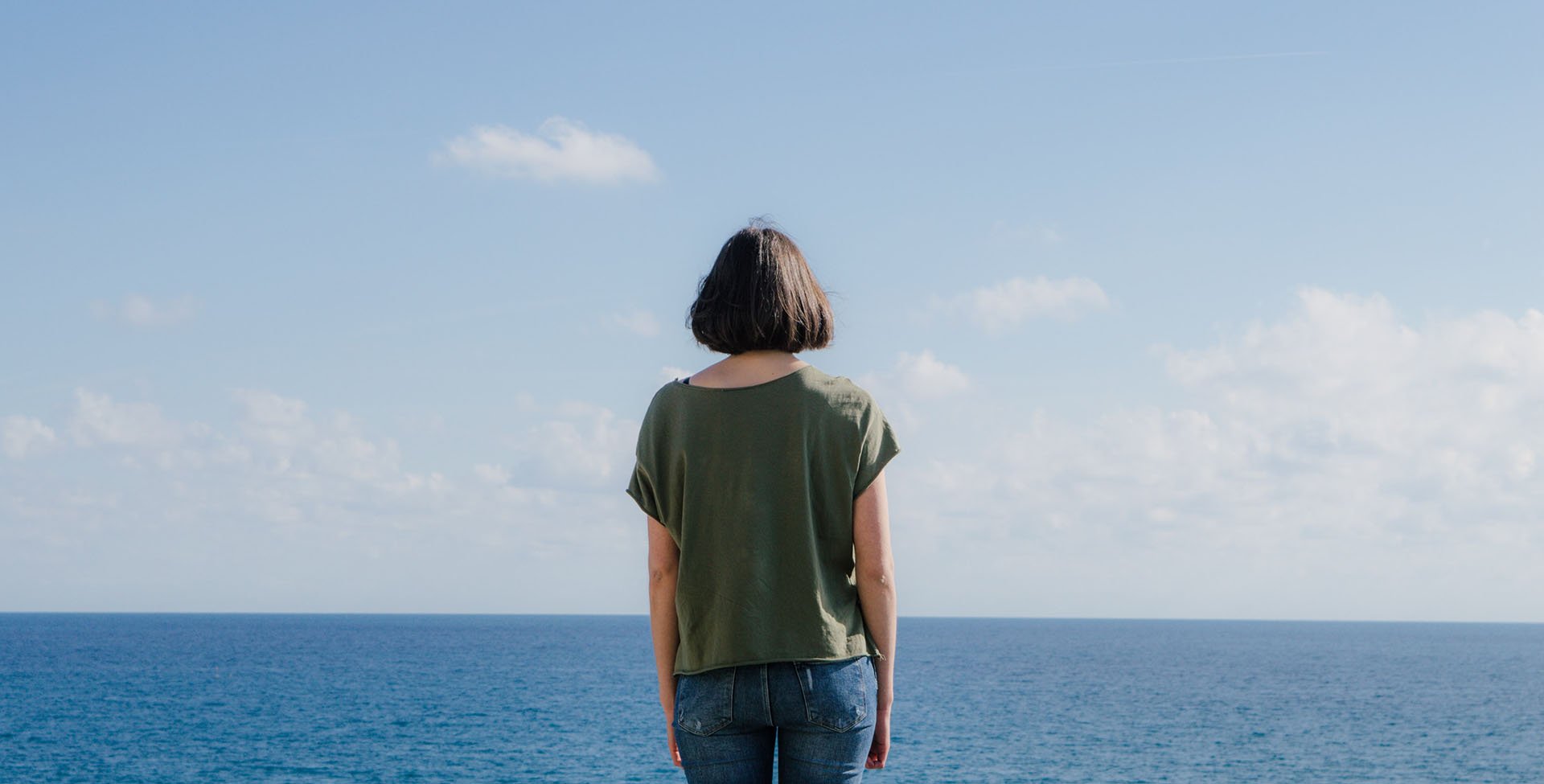
Change is on the horizon
Australia is taking meaningful steps towards banning all forms of non-recyclable packaging, which it hopes to achieve by 2025. South Australia, for its part, has looked into the possibility of implementing a statewide ban on single-use plastic, including plastic bottles.
There have been consultations, an initial proposal, discussion papers, and a call for public feedback. The proposed ban is moving towards legislation, with the SA government drafting laws and soliciting community input. If successful, SA could be the first Australian state to ban single-use plastic.
This trend can be observed across the continent, with Queensland and Victoria introducing a plastic bag ban.
Similar measures are being undertaken elsewhere in the world, particularly in France and the United Kingdom. The European Union (EU) has announced that it will stop using single-use plastic items by 2021.
How to become less dependent on single use plastic bottles
It is important to get enough water throughout the day. However, to reduce your consumption of bottled water, consider buying a reusable water bottle with a filter like the Waterman range to take with you everywhere you go. Keep one inside your bag, car, desk, or locker at all times so you don’t forget.
Avoid reusing disposable water bottles, as the breakdown of plastic with repeated use can be harmful to your health.
If you have an aversion to tap water, it’s worth investing in a water filtration system that removes unpleasant odours, tastes, and contaminants in your drinking supply. Waters Co is dedicated to making clean, healthy, and great tasting water available to everyone. From bench top filters to water filtering jugs, our wide range of products offer a cost-effective and environmentally friendly way of ensuring proper hydration.
You can also find ways to recycle single-use plastic bottles – you can turn them into planters, watering cans, pencil holders, and more. It’s also a great way of exploring your creativity.
Remember that we can all contribute to Australia’s plastic bottle problem. Change starts today.


